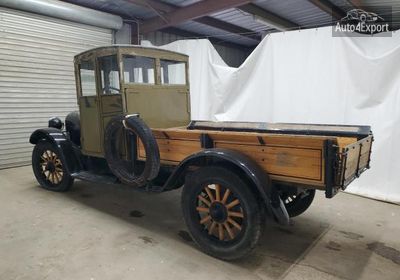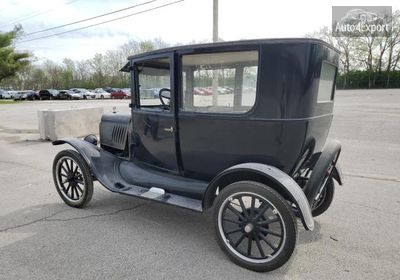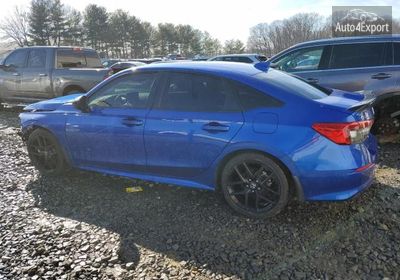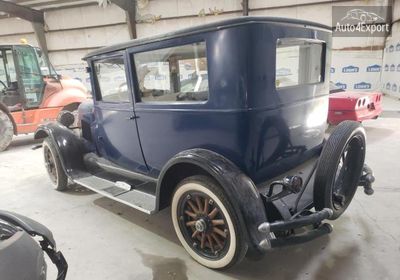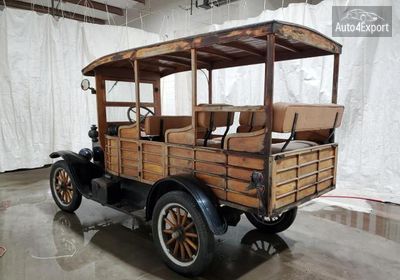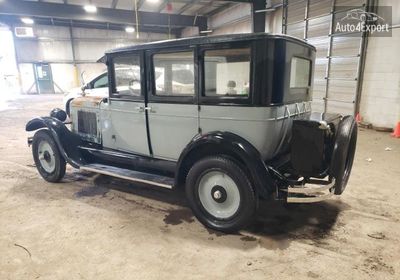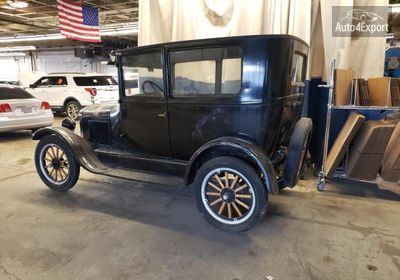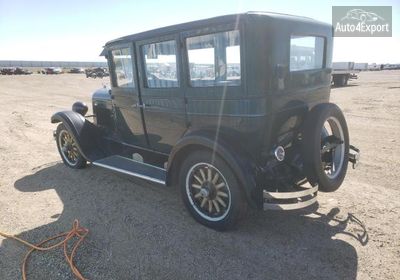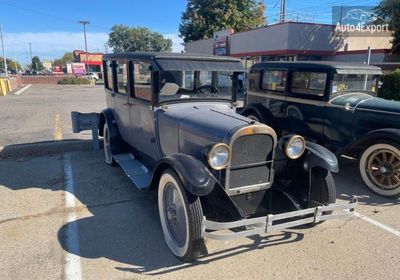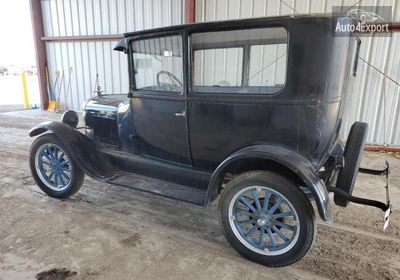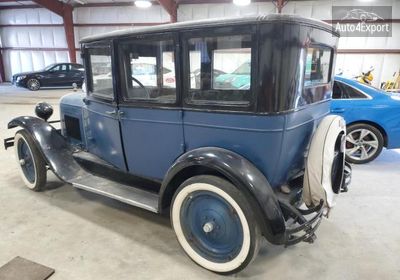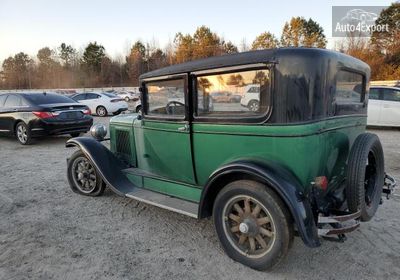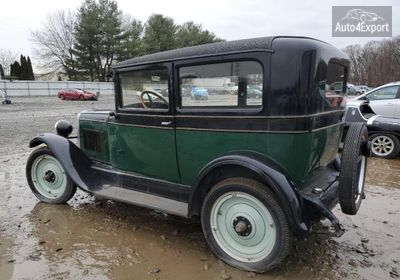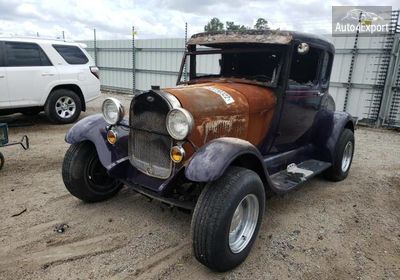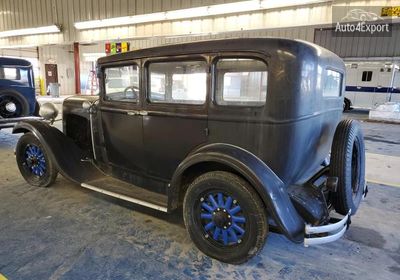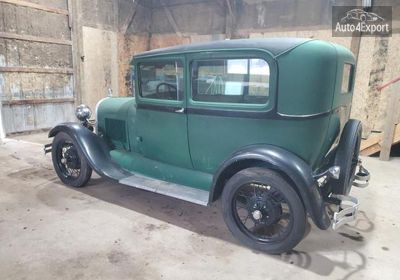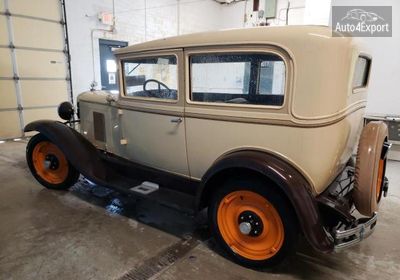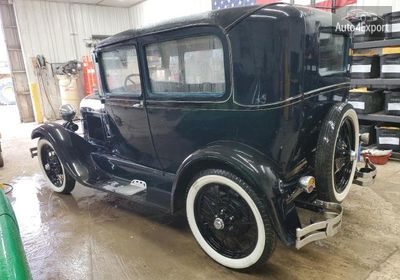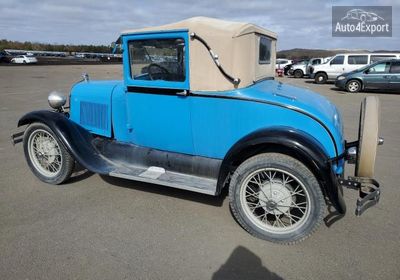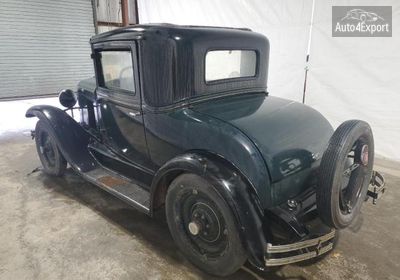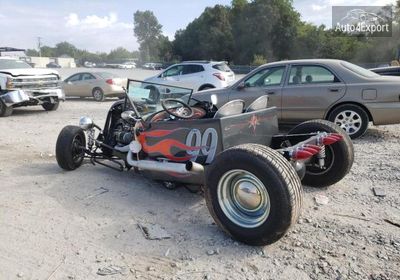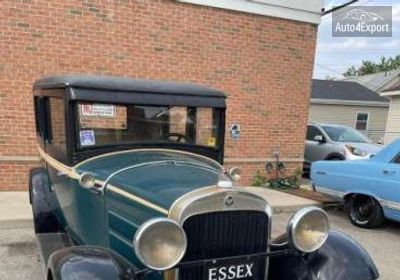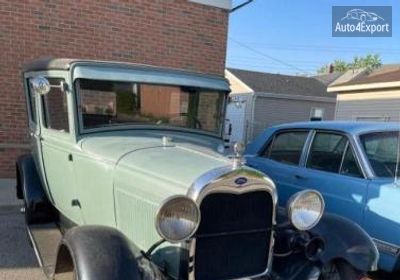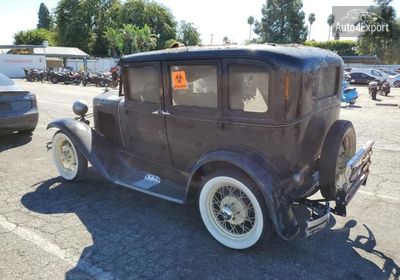Vehicle Finder
Popular Makes
- Ford27,492
- Toyota26,806
- Chevrolet25,281
- Honda19,484
- Nissan19,039
- Hyundai12,776
- Kia10,096
- Dodge8,912
- Jeep8,287
- Gmc5,657
- Subaru5,261
- Bmw5,181
- Mercedes-Benz4,999
- Volkswagen4,926
- Lexus3,996
- Mazda3,840
- Chrysler3,528
- Buick3,219
- Ram3,147
- Audi2,896
- Infiniti2,587
- Acura2,340
- Cadillac2,328
- Mitsubishi1,698
- Lincoln1,490
- Volvo1,370
- Tesla1,360
- Land Rover1,156
Vehicle Types
7 am to 6 pm EST Mon - Fri
Used & Salvage Classic cars from US auctions for export
Do You Have
Any Questions?
Showing result: 1 - 24 of 5,171
Year (oldest)
- 4528194477712
12
Normal Wear
Clean
12
Normal Wear
Clean
4/29/2024, 8:00:00 PM
Clean
Normal Wear
12
$6,800
$31,000
$6,800
$31,000
04/29/2024 - 509303148502555
95,459
Normal Wear
Clean
95,459
Normal Wear
Clean
4/29/2024, 10:00:00 AM
Clean
Normal Wear
95,459
$4,000
$25,000
$4,000
$25,000
04/29/2024 - 401390442HGFE1E59RH470401
2,233
Front End
Salvage
2,233
Front End
Salvage
5/1/2024, 10:00:00 AM
Salvage
Front End
2,233
$0
$9,000
$0
$9,000
05/01/2024 - 441447341303097
53,010
Normal Wear
Clean
53,010
Normal Wear
Clean
4/29/2024, 12:00:00 PM
Clean
Normal Wear
53,010
$4,400
$23,000
$4,400
$23,000
04/29/2024 - 3729549414231749
Clean
Normal Wear
0
$6,200
$24,000
$6,200
$24,000
04/29/2024 - 41055154E19780
46,743
Normal Wear
Clean
46,743
Normal Wear
Clean
4/29/2024, 10:00:00 AM
Clean
Normal Wear
46,743
$4,350
$24,000
$4,350
$24,000
04/29/2024 - 4413811412418191
0
Mechanical
Clean
0
Mechanical
Clean
4/29/2024, 12:00:00 PM
Clean
Mechanical
0
$4,650
$18,500
$4,650
$18,500
04/29/2024 - 44128624HIS8744
49,369
Normal Wear
Clean
49,369
Normal Wear
Clean
4/29/2024, 12:00:00 PM
Clean
Normal Wear
49,369
$5,500
$25,000
$5,500
$25,000
04/29/2024 - 50132794B737010
26,964
Minor Dent/Scratches
Clean
26,964
Minor Dent/Scratches
Clean
4/30/2024, 10:00:00 AM
Clean
Minor Dent/Scratches
26,964
$4,000
$9,500
$4,000
$9,500
04/30/2024 - 4933873413727924
1,926
Normal Wear
Clean
1,926
Normal Wear
Clean
4/30/2024, 12:00:00 PM
Clean
Normal Wear
1,926
$4,600
$21,000
$4,600
$21,000
04/30/2024 - 420643241AA1720
19,485
Mechanical
Clean
19,485
Mechanical
Clean
4/30/2024, 10:00:00 AM
Clean
Mechanical
19,485
$4,700
$18,000
$4,700
$18,000
04/30/2024 - 8153922334396928
24,207
Normal Wear
Clean
24,207
Normal Wear
Clean
4/30/2024, 10:00:00 AM
Clean
Normal Wear
24,207
$6,100
$25,000
$6,100
$25,000
04/30/2024 - 44140924B31095
45,705
Normal Wear
Clean
45,705
Normal Wear
Clean
4/29/2024, 10:00:00 AM
Clean
Normal Wear
45,705
$4,050
$17,500
$4,050
$17,500
04/29/2024 Clean
Burn
0
$1,050
$1,050
07/29/2024- 37300054DA2004
23,208
Normal Wear
Clean
23,208
Normal Wear
Clean
4/29/2024, 10:00:00 AM
Clean
Normal Wear
23,208
$6,500
$25,000
$6,500
$25,000
04/29/2024 - 41062724A1473531
70,221
Normal Wear
Clean
70,221
Normal Wear
Clean
4/30/2024, 12:00:00 PM
Clean
Normal Wear
70,221
$2,300
$21,000
$2,300
$21,000
04/30/2024 - 410565641108242
90,000
Mechanical
Clean
90,000
Mechanical
Clean
4/29/2024, 9:00:00 PM
Clean
Mechanical
90,000
$11,800
$16,000
$11,800
$16,000
04/29/2024 - 41061044A2536650
Clean
Normal Wear
6,252
$2,800
$17,500
$2,800
$17,500
04/29/2024 - 44190214A2565808
935
Missing/Altered Vin
Clean
935
Missing/Altered Vin
Clean
4/29/2024, 9:00:00 PM
Clean
Missing/Altered Vin
935
$14,500
$18,500
$14,500
$18,500
04/29/2024 - 4419211412AC8043
58,334
Missing/Altered Vin
Clean
58,334
Missing/Altered Vin
Clean
4/29/2024, 10:00:00 AM
Clean
Missing/Altered Vin
58,334
$5,500
$14,500
$5,500
$14,500
04/29/2024 - 67621923NCS92161A1933488
5,450
Front End
Non-Repairable
5,450
Front End
Non-Repairable
Not assigned
Non-Repairable
Front End
5,450
$400
$400
Not assigned - 501345741112444
88,062
Minor Dent/Scratches
Clean
88,062
Minor Dent/Scratches
Clean
4/30/2024, 10:00:00 AM
Clean
Minor Dent/Scratches
88,062
$2,500
$16,000
$2,500
$16,000
04/30/2024 - 50138104A1079325
67,506
Minor Dent/Scratches
Clean
67,506
Minor Dent/Scratches
Clean
5/3/2024, 10:00:00 AM
Clean
Minor Dent/Scratches
67,506
$0
$18,000
$0
$18,000
05/03/2024 Salvage
Burn
47,363
$1,100
$1,100
Not assigned
Embarking on a journey through time, classic cars evoke nostalgia and admiration for their timeless design, craftsmanship, and historical significance. As the allure of classic cars continues to captivate enthusiasts worldwide, international markets are increasingly turning to US auto auctions as a premier source for these automotive treasures. These auctions offer a rich tapestry of classic cars, spanning iconic models from bygone eras, and present an enticing opportunity for buyers seeking to add a touch of vintage elegance to their collections or showroom floors.
Sourcing classic cars from US auctions not only satisfies the global demand for automotive nostalgia but also presents a myriad of potential benefits for international markets. With a vast inventory of classic cars available, buyers have the opportunity to acquire models that embody the spirit of a bygone era, each with its own unique story and charm. Additionally, competitive pricing and transparent auction processes can lead to cost-effective solutions for expanding classic car collections or entering new markets.
In this article, we delve into the timeless world of exporting classic cars from US auto auctions, exploring the driving forces behind this phenomenon and examining the advantages it brings to international buyers. From understanding auction procedures to assessing the historical significance of classic cars in different markets, we unravel the opportunities and considerations associated with indulging in the vintage beauty and nostalgia of these automotive treasures.
Types of Exportable Classic cars
When it comes to exportable classic cars from US auto auctions, there's a captivating variety to consider. Here are some of the main types:
1. Vintage Muscle Cars:
- Vintage muscle cars are known for their powerful engines and iconic designs from the 1960s and 1970s.
- These American classics appeal to enthusiasts who appreciate raw horsepower and nostalgic styling.
- In international markets, vintage muscle cars are often sought after by collectors and enthusiasts who admire their performance and cultural significance.
2. European Sports Cars:
- European sports cars represent the epitome of elegance and performance, with iconic brands such as Ferrari, Porsche, and Jaguar.
- These timeless classics offer refined engineering, luxurious interiors, and exhilarating driving dynamics.
- In international markets, European sports cars are prized by enthusiasts who appreciate their craftsmanship and heritage, often serving as status symbols or investments.
3. Classic American Sedans:
- Classic American sedans from the 1950s and 1960s exude style and sophistication with their distinctive designs and spacious interiors.
- These iconic vehicles offer comfort, nostalgia, and a glimpse into the golden age of American automotive manufacturing.
- In international markets, classic American sedans appeal to collectors and enthusiasts who admire their retro charm and historical significance.
4. Vintage Convertibles:
- Vintage convertibles evoke the romance of open-air motoring with their timeless designs and carefree driving experience.
- These classic cars offer the thrill of top-down driving, combined with elegant styling and vintage appeal.
- In international markets, vintage convertibles are popular among enthusiasts who seek the freedom of the open road and the allure of classic motoring.
Each type of classic car offers its own unique blend of nostalgia, performance, and style, appealing to different tastes and lifestyles in international markets. Whether it's the raw power of a muscle car, the refined elegance of a European sports car, the retro charm of an American sedan, or the open-air freedom of a convertible, classic cars from US auto auctions cater to a wide range of discerning buyers around the world.
Advantages of Exporting Classic cars from US Auto Auctions
Advantages of Exporting Classic Cars from US Auto Auctions:
Diverse Inventory:
- US auto auctions offer a wide selection of classic cars, ranging from vintage muscle cars to European sports cars and classic American sedans.
- Buyers have access to a diverse inventory of classic cars, allowing them to find vehicles that suit their specific tastes and preferences.
Competitive Pricing:
- Classic cars at US auto auctions are often priced competitively, providing buyers with cost-effective options compared to purchasing from dealerships or private sellers.
- The competitive bidding environment fosters pricing transparency and can result in potential cost savings for buyers.
Potential Cost Savings:
- Purchasing classic cars from US auto auctions can lead to significant cost savings for buyers.
- Despite being pre-owned, many classic cars available at auctions are in excellent condition, offering value for money without compromising quality.
Highlighting the Quality and Condition of Classic Cars:
Thorough Inspections:
- Classic cars at US auto auctions undergo thorough inspections to ensure quality and condition.
- Buyers can expect well-maintained vehicles that meet stringent standards for performance and reliability.
Transparent Information:
- Detailed information, including vehicle history reports, mileage, and maintenance records, is provided for each classic car listing.
- Buyers can make informed decisions based on the available information regarding the quality and condition of the classic cars.
How to Participate in US Auto Auctions for Exporting Classic cars
Here's a step-by-step guide for international buyers interested in participating in US auto auctions for exporting classic cars:
1. Registration:
- Begin by registering with the US auto auction platform of your choice. Most auctions have online registration processes where you'll need to provide basic personal and contact information.
- Some platforms may require additional documentation, such as proof of identity and/or business registration.
2. Deposit:
- Upon registration, you may need to submit a deposit to secure your bidding privileges. This deposit is typically around 10% of your intended bidding amount or a set amount, often around $600.
- The deposit serves as a security measure to ensure serious participation in the auction.
3. Bidding Process:
- Once registered and your deposit is secured, you can start browsing the available inventory of classic cars. Auction listings provide detailed information about each car, including photos, specifications, and condition reports.
- When you find a classic car that interests you, you can place bids online or in-person during the auction event.
- Follow the bidding process closely and be prepared to act quickly if you're interested in a particular classic car.
4. Winning the Bid:
- If your bid is successful and you win the auction, congratulations! You'll be required to pay the remaining balance of the purchase price, including any applicable fees and taxes.
- Payment methods vary by auction platform but often include wire transfers, cashier's checks, or credit card payments.
5. Export Documentation:
- Once payment is complete, you'll need to arrange for the necessary export documentation to transport the classic car to its destination.
- Required export documentation may include a bill of sale, certificate of title, export declaration, and any additional permits or licenses required for international shipping.
- Work closely with your chosen shipping company or freight forwarder to ensure all export documentation is completed accurately and submitted on time.
By following these steps, international buyers can successfully participate in US auto auctions for exporting classic cars, acquiring timeless vehicles for their collections or markets with ease and efficiency.
Tips for Successful Bidding on Exportable Classic cars
Here are some practical tips for international buyers to successfully bid on exportable classic cars at US auto auctions:
1. Research:
- Before participating in an auction, thoroughly research the classic cars you're interested in. Familiarize yourself with the make, model, year, and condition of the vehicles.
- Review auction catalogs and online listings to gather information about the classic cars available for sale.
2. Understand Auction Procedures:
- Familiarize yourself with the auction procedures of the specific platform you're using. This includes understanding the registration process, bidding increments, and any fees associated with winning bids.
- Attend a few auctions as an observer before participating to get a feel for the pace and dynamics of the bidding process.
3. Set a Budget:
- Determine your maximum bid amount for each classic car based on your budget, including the purchase price, auction fees, and estimated shipping costs.
- Stick to your budget during the bidding process to avoid overspending and ensure a profitable outcome for your investment.
4. Estimate Shipping Costs:
- Research shipping companies or freight forwarders that specialize in transporting classic cars internationally.
- Obtain quotes for shipping the classic car from the auction location to your desired destination. Consider factors such as the distance, shipping method, and any additional services required.
5. Conduct Due Diligence:
- Thoroughly inspect the classic cars you're interested in before placing bids. Review the condition reports, photos, and any available documentation to assess their suitability for export.
- Consider hiring a mechanic or classic car expert to conduct an independent inspection and provide an unbiased assessment of the classic car's condition.
6. Navigate the Export Process:
- Familiarize yourself with the export documentation and customs requirements for shipping classic cars from the US to your destination country.
- Work closely with your chosen shipping company or freight forwarder to ensure all necessary export documentation is completed accurately and submitted on time.
- Stay informed about any changes to import regulations or tariffs in your destination country that may affect the export process.
By following these practical tips, international buyers can increase their chances of successfully bidding on exportable classic cars at US auto auctions and navigating the export process with confidence.
Post-Auction Procedures for International Buyers:
After winning a bid at a US auto auction, international buyers need to take several important steps to complete the purchase, arrange for shipping, and comply with customs requirements:
1. Payment Procedures:
- Contact the auction house or platform promptly to confirm your winning bid and initiate the payment process.
- Follow the auction's payment procedures, which typically involve paying the remaining balance of the purchase price, including any applicable fees and taxes.
- Payment methods commonly accepted by auction houses include wire transfers, cashier's checks, or credit card payments. Ensure you understand the accepted payment methods and any associated deadlines for payment.
2. Shipping Arrangements:
- Coordinate shipping arrangements for the purchased classic car with a reputable international shipping company or freight forwarder.
- Provide the shipping company with details of the classic car, including its dimensions, weight, and destination.
- Choose a shipping method that suits your needs and budget, such as container shipping or roll-on/roll-off (RoRo) shipping.
- Obtain quotes from multiple shipping companies to compare costs and services before making a final decision.
3. Compliance with Customs Requirements:
- Gather all necessary documentation required for exporting the classic car from the United States and importing it into your destination country.
- Common export documents may include a bill of sale, certificate of title, export declaration, and any additional permits or licenses required by US and international customs authorities.
- Work closely with your chosen shipping company or freight forwarder to ensure all customs documentation is completed accurately and submitted on time.
- Familiarize yourself with the customs regulations and import duties of your destination country to avoid any delays or complications during the customs clearance process.
- Consider hiring a customs broker or seeking assistance from local import/export authorities to navigate the customs requirements effectively.
4. Arrange for Delivery:
- Coordinate the delivery of the classic car from the auction site to the designated port or shipping terminal for export.
- Ensure that the classic car is prepared for shipping according to the requirements of the chosen shipping method and the shipping company's guidelines.
- Stay in communication with the shipping company to track the progress of the shipment and receive updates on the estimated arrival date at the destination port.
By following these steps diligently, international buyers can successfully complete the purchase of a classic car from a US auto auction, arrange for shipping, and comply with customs requirements to facilitate a smooth export process.
Conclusion:
Exporting classic cars from US auto auctions presents international buyers with a wealth of benefits and considerations. Firstly, these auctions offer access to a diverse selection of classic cars, ranging from vintage muscle cars to elegant European sports cars, catering to a wide range of preferences and tastes. Moreover, the competitive pricing found at US auto auctions can result in cost savings for buyers compared to purchasing from dealerships or private sellers. However, international buyers should carefully consider factors such as shipping costs, export documentation requirements, and compliance with customs regulations when participating in US auto auctions. Navigating these aspects requires thorough research and preparation to ensure a smooth and successful export process. Despite these considerations, exploring the opportunities presented by US auto auctions is highly encouraged for international buyers seeking to add timeless automotive treasures to their collections or enter new markets. By leveraging the diverse inventory, competitive pricing, and quality assurance provided by US auto auctions, buyers can find classic cars that embody the spirit of a bygone era while indulging in the nostalgia and prestige of these remarkable automobiles.

